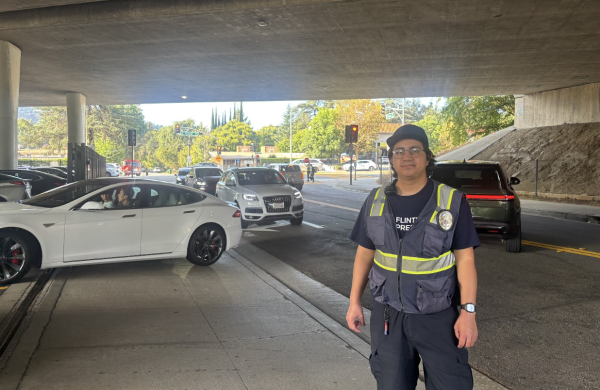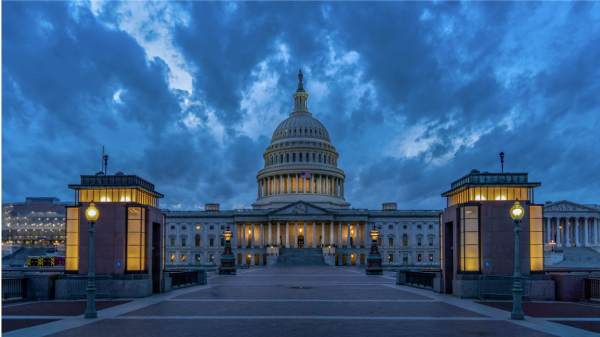Apple Inc. vs. Pepper—The Case and its Implications

Photo courtesy Photo Courtesy of apple insider.com
Has Apple monopolized the app industry, setting unfair prices? In the coming years, we may find out.
On May 13, 2019, the Supreme Court ruled that customers have the right to sue Apple for its alleged monopolization of the iPhone app industry.
In 2011, Robert Pepper filed a complaint arguing that Apple overcharged customers on apps sold on the Apple app store. Many of the apps are created by app developers who set the sales price, of which Apple receives a 30% commission. Furthermore, the App Store is the only place where consumers may legally purchase apps. In a competitive environment with competing businesses, the plaintiffs argued, “Apple would be under considerable pressure to substantially lower its 30% profit margin.”
Apple, however, claimed that app developers, not users, had the right to sue. They cited a 1977 case, Illinois Brick Co. vs. Illinois, in which the court ruled that only direct purchasers had the right to sue. As Apple sells app distribution services to its developers, the company contended customers were indirect consumers and would need to sue the developers instead.
In a 5-4 ruling, the Court disagreed. In his majority opinion, Justice Brett Kavanaugh wrote, “The plaintiffs purchased apps directly from Apple and therefore are direct purchasers.”Justice Elena Kagan also sided with the majority, commenting, “I pick up my iPhone. I go to Apple’s App Store. I pay Apple directly with the credit card information that I’ve supplied to Apple. From my perspective, I’ve just engaged in a one-step transaction with Apple.”
There were, however, four justices hesitant to overrule Illinois Brick. In his dissenting opinion, Justice Neil Gorsuch wrote, “That’s not how antitrust law is supposed to work, and it’s an uncharitable way of treating a precedent which— whatever its flaws— is far more sensible than the rule the Court installs in its place.”
I side with the court’s decision. From the consumer’s perspective, purchasing an app is a direct transaction. Also, Apple’s 30% profit margin points heavily towards the monopolization of the app industry, though that will be left for the lower courts to decide. However, I do have reservations about the overruling of Illinois Brick. If a former case can be so easily repealed, who’s to say other influential rulings won’t also be revoked?
While this case has no immediate implications aside from giving Apple customers the right to sue, it will set a precedent for future cases. The court has defined the role of tech companies in online marketplaces—as retailers who must deal fairly with their customers.
If Apple were to later be held liable for breaking antitrust laws and monopolizing its App Store, the company would have to pay millions of dollars in damages. Other major companies, including the Google Play Store, Alphabet’s, and eBay, would be targets for future lawsuits.
The court’s ruling will be impactful, but to what extent? That will be left for the courts to decide.

Grade: 12
Years on Staff: 4
Why are you writing for the Flintridge Press?
To address issues relevant to our time, to express ideas through writing,...






